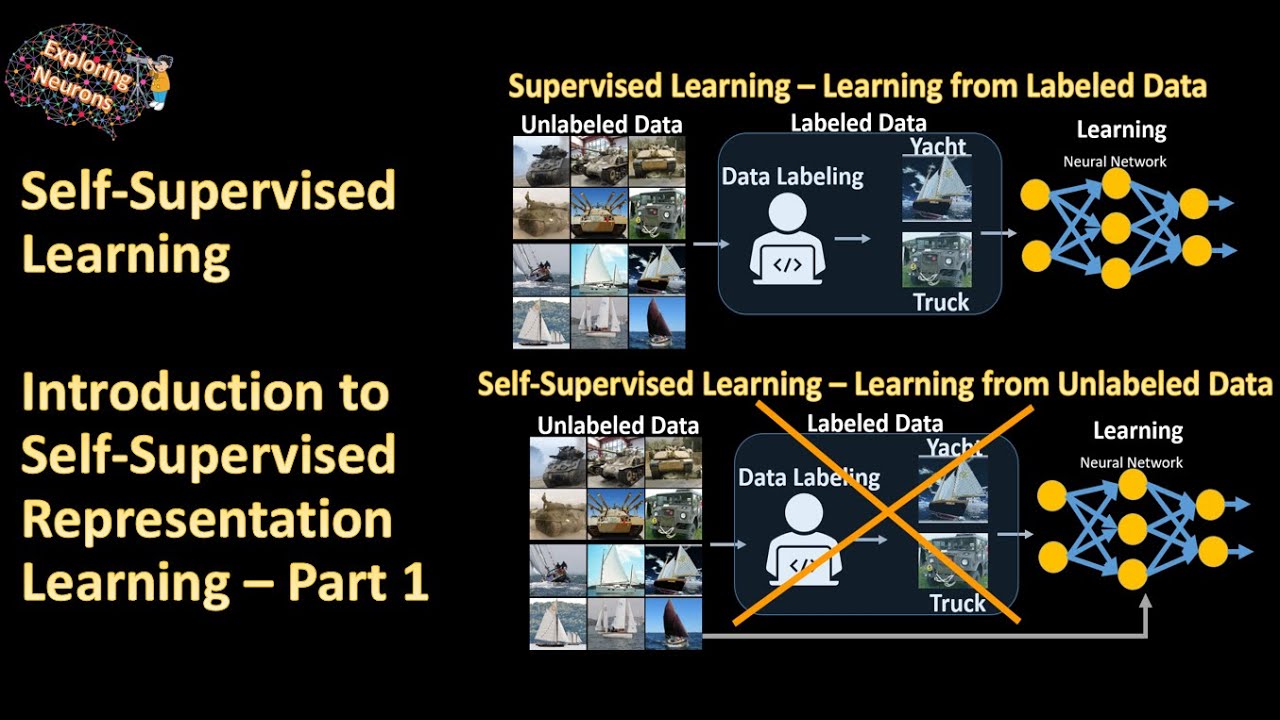Self-supervised learning (SSL) is an area of artificial intelligence research centered around the development of algorithms that use unlabeled data for training. Unlike supervised learning, where labels are provided to data samples, self-supervised learning relies on the data itself to design the learning process. This type of learning is seen as a key component in tackling complex AI tasks.
SSL attempts to capture the natural biases and patterns found in the data, by applying a useful context such as position, time or color. For example, a neural network trained on images might be asked to predict the position of the objects within the scene. These types of tasks enable the network to learn and understand features from the images without requiring labels.
Although self-supervised learning can be beneficial in terms of cost-saving and reducing the processes involved in labeling data, there are some caveats with this approach. One major issue is that SSL works best with ample amounts of data to draw from for accurate training. In addition, the self-supervised tasks require strong priors that mimic the label structure of a supervised learning task.
The benefits of self-supervised learning have been seen in a variety of tasks. One of the most well-known applications of this technology is using language models to generate text without human annotation. Other applications include image processing, modeling molecules for drug discovery, and robotics systems.
Self-supervised learning is seen as an important tool for building more efficient and accurate AI systems. It has the potential to reduce the amount of human-annotated data needed and is an effective way to tackle complex tasks.





